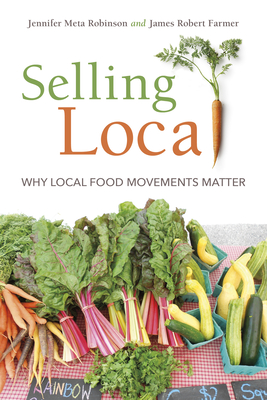Expedite your nonfiction book discovery process with Readara interviews, summaries and recommendations, Broaden your knowledge and gain insights from leading experts and scholars
In-depth, hour-long interviews with notable nonfiction authors, Gain new perspectives and ideas from the writer’s expertise and research, Valuable resource for readers and researchers
Optimize your book discovery process, Four-to eight-page summaries prepared by subject matter experts, Quickly review the book’s central messages and range of content
Books are handpicked covering a wide range of important categories and topics, Selected authors are subject experts, field professionals, or distinguished academics
Our editorial team includes books offering insights, unique views and researched-narratives in categories, Trade shows and book fairs, Book signings and in person author talks,Webinars and online events
Connect with editors and designers,Discover PR & marketing services providers, Source printers and related service providers

Selling Local: Why Local Food Movements Matter
Social Science > Agriculture & Food (see also Political Science - Public Policy - Agricultur
- Indiana University Press
- Paperback
- 9780253026989
- 9 X 5.9 X 0.5 inches
- 1 pounds
- Social Science > Agriculture & Food (see also Political Science - Public Policy - Agricultur
- (Single Author) Asian American
- English
Readara.com
Book Description
In an era bustling with international trade and people on the move, why has local food become increasingly important? How does a community benefit from growing and buying its own produce, rather than eating food sown and harvested by outsiders? Selling Local is an indispensable guide to community-based food movements, showcasing the broad appeal and impact of farmers' markets, community supported agriculture programs, and food hubs, which combine produce from small farms into quantities large enough for institutions like schools and restaurants. After decades of wanting food in greater quantities, cheaper, and standardized, Americans now increasingly look for quality and crafting. Grocery giants have responded by offering simple and organic food displayed in folksy crates with seals of organizational approval, while only blocks away a farmer may drop his tailgate on a pickup full of freshly picked sweet corn. At the same time, easy-up umbrellas are likely to unfurl over multi-generational farmers' markets once or twice a week in any given city or town. Drawing on prodigious fieldwork and research, experts Jennifer Meta Robinson and James Robert Farmer unlock the passion for and promise of local food movements, show us how they unfold practically in towns and on farms, and make a persuasive argument for how much they deeply matter to all of us.
Author Bio
My research examines how we learn to become ourselves in the company of others, especially through the lenses of food and education. Working with small-scale food farmers and other producers in the US Midwest and Northeast, I investigate how they position themselves relative to industrial, hegemonic food systems, creating both personal meaning webs and transferable innovations.
This relationship implicates other systems of meaning, making, and learning, which I carry into my study of “pedagogies of becoming,” how new college teachers learn to teach and become members of teaching communities. Currently, I am researching the history of and developments in the political economy of local food, especially as new notions of justice and the commons emerge.
My research has been supported by grants from the Association of American Universities, the Carnegie Foundation, the Teagle Foundation, the Indiana Arts Commission, and Indiana University. My service to teaching has received awards from the International Society for the Scholarship of Teaching and Learning, the TIAA Hesburgh Award for Faculty Development, and IU’s Faculty Academy on Excellence in Teaching.
I direct the Graduate Certificate on College Pedagogy and am affiliated with Sustainable Food Systems Science, the Ostrom Workshop on Political Theory & Policy Analysis, the Center for Rural Engagement, the Integrative Program on the Environment, and the Food Institute at Indiana University.
Source: Indiana University Bloomington
Videos
No Videos
Community reviews
No Community reviews

